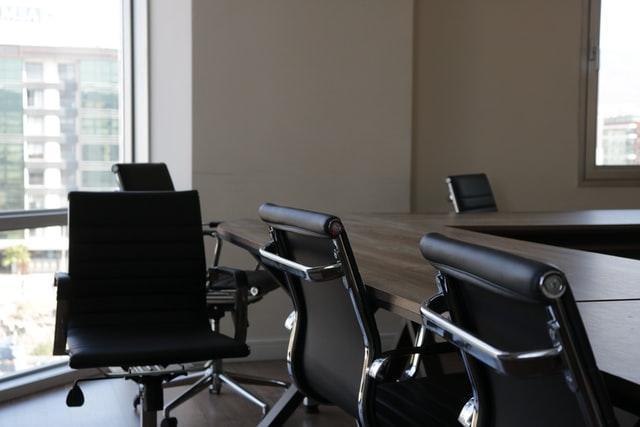At the risk of using a platitude that is becoming (frankly) more and more clichéd, your employees need you to be their rock more than ever in these unprecedented times.
This particularly is so if a good portion – if not all – of your workers work remotely.
But there’s the problem: how to exude empathy and provide that stability and feeling of normalcy when your employees don’t work on-site. What’s more, without this feeling of solidity, is your entire company culture at risk? How can employees feel “a part of something larger than themselves” when their day-to-day lives are spent mostly with just themselves?
Maintaining company culture with a remote workforce
- First step: send out a memo or a website link that reminds your employees what your company’s values are.
Doing so reminds workers what your business stands for and can help them remember why they joined your firm. Seeing your business’ values in black and white also will help guide them as they move forward over the next few weeks and even months.
- Regularly ask your employees what’s working for them as they toil remotely.
Use their feedback as a chance to learn from them and take their recommends to heart, if possible.
- Don’t be afraid to ask every now and then if they feel less connected to your company’s mission and/or leadership.
You may want to ask these questions via private video meetings, so that workers feel comfortable speaking truthfully (and so that you can counsel them privately should they be struggling with issues of a more personal nature).
It’s also a great idea to make sure that you keep these types of two-way communications (either private or public) among workers, managers and even members of your company’s C-suite for the foreseeable future.
- Showing kindness to everyone in your organization is key to creating a warm and motivating corporate culture.
The more your company’s leadership “show up” as sensitive, thoughtful, transparent/truthful, productive, and optimistic, the more all of your employees will “show up” the same. Everyone will remember this ethos, the acts of kindness, etc. for a long time to come and it will help all secure this type of “brand” firmly in everyone’s minds.
To help ensure that all of your stake holders (employees, managers, leadership team, investors/stock holders, perhaps even your vendors and customers) act in these ethos-building ways, they need to know what kind of behaviors you seek.
That means that you need to get input from everyone to identify the behaviors that speak the loudest to them and then let everyone know the behaviors with which they are expected to “show up.”
- Create rituals, and stories that back up the behaviors and culture you want/expect.
Humans thrive on stories. Stories, in fact, help us become better people. They also help us connect with one another, an important factor in creating a robust, cohesive company culture.
Once again – and especially if the culture has change a bit – it’s a good idea to create a “map” with your business’ guiding principles and then distribute it to all stakeholders so that they have “directions” as to how to interact with others.
Having a strong work culture – one that is in evidence daily – helps employees feel secure when so much is up in the air.
As California continues to reopen its economy slowly, Southern California businesses may find that employees furloughed or laid off are no longer available to return to work. Helpmates has proven performers ready to work at your site or remotely for short- or long-term assignments, as well as for career opportunities. All of these individuals have been thoroughly oriented in Covid-19 workplace safe practices.
Contact Rosalie Villa, at 949-225-5016 or email her at mailto:rvilla@helpmates.com for more information. You also may reach out to the Helpmates branch nearest you to learn more.







